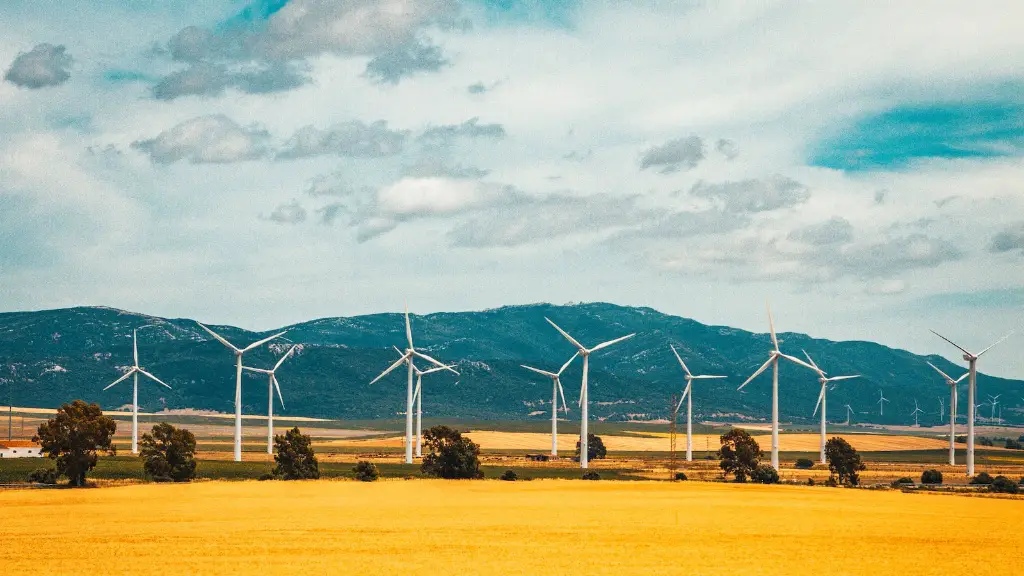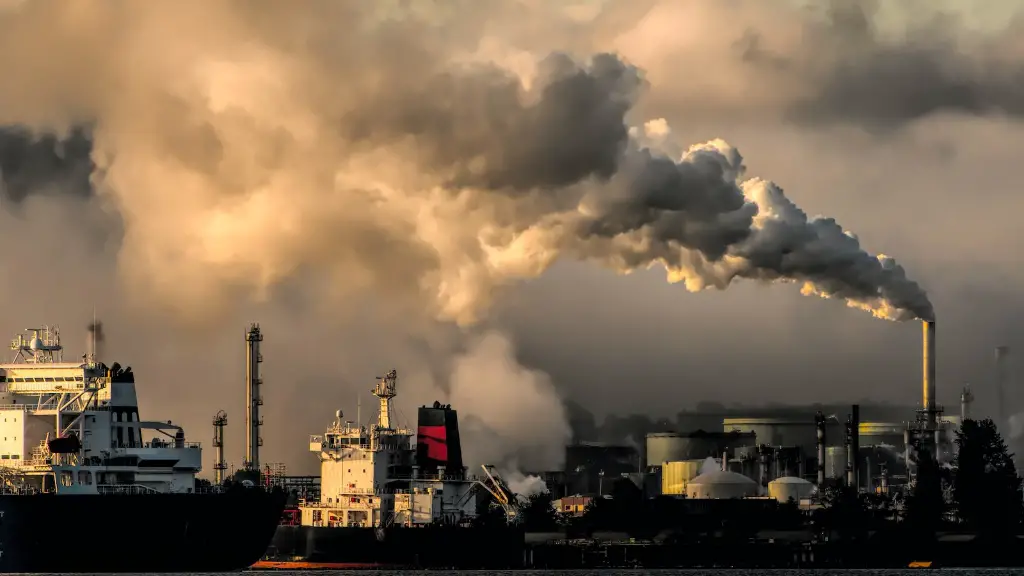Global warming is one of the most pressing environmental issues of our time, yet the matter is often overlooked in favor of more immediate concerns. This essay seeks to provide an overview of the phenomenon, outlining what it is and how it occurs, and exploring the implications of rising global temperatures.
Global warming describes the process whereby average levels of atmospheric and oceanic temperatures rise due to increased concentrations of greenhouse gases, such as methane and carbon dioxide, in the atmosphere, as demonstrated by references to past climate records. The primary source of these gases is human activity that relies on the burning of fossil fuels, such as coal and petroleum, which essentially release these gases that then trap solar radiation in the atmosphere and gradually elevate average temperatures. The phenomenon has been snowballing for centuries and, as evidenced by ever-higher temperatures worldwide, continues to threaten ecosystems, species and communities.
The consequences of a warming planet are wide-reaching and largely unprecedented. The primary implications are those related to climate patterns, as rising air and water temperatures can cause changes in global precipitation patterns, creating areas of over- or under-watering. This, in turn, can damage farmland and disrupt food chains, making food production more unpredictable and leading to food insecurity in some regions. Other effects can lead to more frequent extreme weather events, such as hurricanes and floods, thus raising risks of destruction and loss of life.
At present, the efforts to mitigate these trends are ongoing though relatively ineffective. Various government initiatives into the reduction of greenhouse gases, through clean energy production and resource conservation, have had positive impacts but the situation has not improved significantly, given the pace and severity of global warming experienced in recent years.
Moreover, limited political will and global cooperation, as well as economic factors, have prevented significant progress in this area. In addition, there have been mounting evidence of well-funded and organized campaigns to spread false information related to the causes and impacts of climate change, thus making it difficult for policy-makers to take action on the matter.
Given the magnitude and complexity of the problem, global warming is thus an immense challenge that requires a coordinated effort from all sides, including governments, industry professionals and private citizens. Individuals can contribute by reducing their use of non-renewable energy sources and embracing alternative solutions, such as solar and wind energy, thereby reducing the spread of greenhouse gases. Corporate players can also invest in green initiatives, such as renewable energy and energy efficiency, in order to reduce the emissions that are attributed to global warming. Finally, governments can take steps to raise awareness and strengthen policy frameworks in order to effectively address the issue.
Ultimately, it is clear that global warming represents a complex and long-term problem, and one that requires immediate attention. If left unchecked, its impacts on ecosystems, climate patterns and communities around the world can continue to devastate livelihoods and degrade the quality of life. The effort to curbing the phenomenon thus begins immediately, and it is the imperative of all involved to ensure that these efforts are effective and meaningful.

